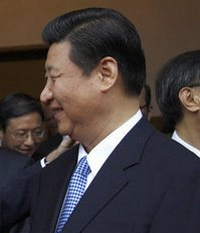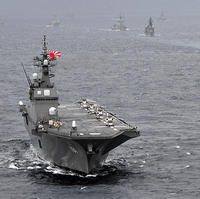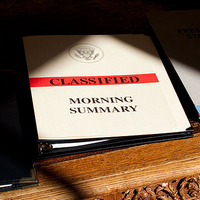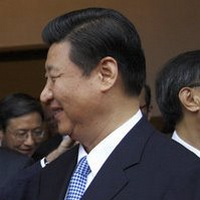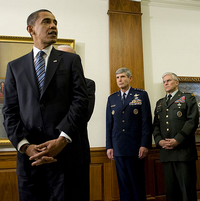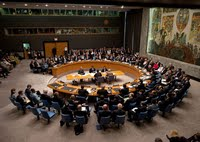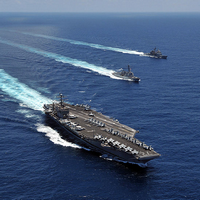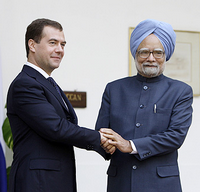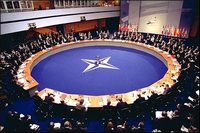
Just as the turning of the leaves heralds the arrival of winter’s chill, so too are there unmistakable signs whenever a summit of the North Atlantic Treaty Organization draws near. The media is filled with commentary about “NATO’s crisis,” while statements percolate forth from the alliance’s capitals about NATO’s clear purpose for the 21st century. This is a yearly ritual, with the proclamations of alliance unity and cohesion that inevitably accompany any NATO summit having similarly acquired a totemic quality. When the meeting is over, reality catches up with the vision that has been so ardently reaffirmed. The same issues […]

